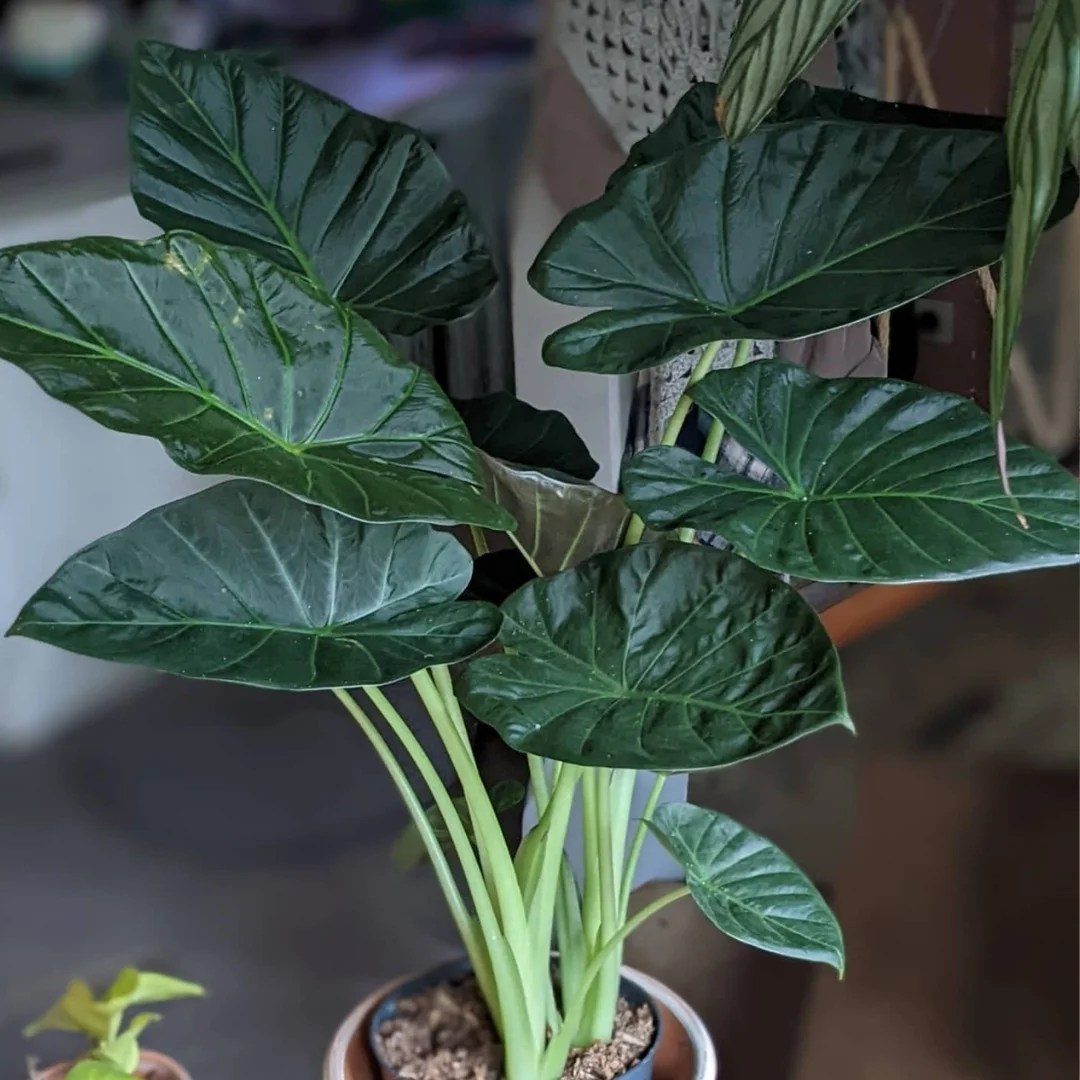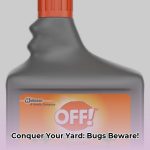The Alocasia Regal Shield, a hybrid prized for its dramatic, deep green leaves and prominent light-colored veins, brings a touch of the tropics to any home. Whether grown indoors or out (climate permitting), this guide provides expert insights to ensure your Regal Shield thrives.
Unveiling the Regal Shield’s Needs
The Alocasia Regal Shield, with its captivating presence, requires specific care to maintain its majestic appearance. Let’s explore the key elements for cultivating this tropical gem. If you’re curious about the origins of this striking plant, researching its parentage and breeding can provide valuable insights. The ‘Regal Shield’, a hybrid crafted by LariAnn Garner, is a testament to the artistry of plant breeding.
Light: The Goldilocks Zone
The Regal Shield enjoys bright, indirect light, reminiscent of dappled sunlight filtering through a rainforest canopy. Direct sun can scorch its leaves, while insufficient light leads to leggy growth. An east-facing window is often ideal indoors. Outdoors, a shaded patio or a spot under a tree’s canopy provides the perfect balance. Can Alocasia Regal Shield take full sun? explores this in more detail.
Watering: Finding the Sweet Spot
Maintaining consistently moist soil is crucial, but overwatering can lead to root rot. Allow the top inch of soil to dry out between waterings. A well-draining potting mix, such as a blend of peat moss, perlite, and bark chips, is essential. Adjust watering frequency based on temperature, humidity, and pot size.
Humidity: Recreating the Rainforest
Native to tropical rainforests, the Regal Shield craves high humidity (60-70% or higher). A humidifier, pebble tray, or grouping with other humidity-loving plants can help replicate this environment. Some experts believe that misting can provide a temporary humidity boost, but it’s likely not sufficient on its own. Ongoing research continues to explore the complexities of plant humidity needs, and new findings may emerge.
Temperature: Staying Cozy
This plant thrives in warm temperatures (65-85°F / 18-29°C). Avoid cold drafts or temperatures below 55°F (13°C), which can stress the plant. Sudden temperature changes should also be avoided.
Soil: The Foundation of Health
A well-draining potting mix rich in organic matter is essential for healthy root development and preventing root rot. Pre-made aroid mixes are available, or you can create your own by combining potting soil, perlite, and orchid bark.
Fertilizer: A Little Boost
During the growing season (spring and summer), feed your Regal Shield monthly with a balanced liquid fertilizer diluted to half strength. Follow the instructions on the fertilizer packaging to avoid over-fertilizing.
Mastering Regal Shield Care
Beyond the basics, several techniques can enhance your Regal Shield’s health and longevity.
Troubleshooting: Decoding Your Plant’s Signals
Even with optimal care, issues can arise. Yellowing leaves may suggest overwatering, underwatering, or nutrient deficiencies. Browning leaf tips often indicate low humidity. Drooping leaves can signify overwatering, underwatering, or temperature stress. Overwatering, coupled with poorly draining soil, can cause root rot, a severe problem.
| Problem | Possible Causes | Solution |
|---|---|---|
| Yellowing leaves | Overwatering, underwatering, nutrient deficiencies | Adjust watering schedule, ensure proper drainage, fertilize as needed |
| Brown leaf tips | Low humidity | Increase humidity around the plant |
| Drooping leaves | Underwatering, overwatering, temperature stress | Check soil moisture, adjust watering, and ensure stable temperatures |
Dormancy: A Winter’s Rest
During winter, your Regal Shield may enter dormancy, characterized by drooping or falling leaves. Reduce watering and withhold fertilizer until new growth appears in spring. This dormancy period is perfectly normal and a natural part of the plant’s lifecycle.
Propagation: Sharing the Love
Propagating your Regal Shield through rhizome division or separating offsets during repotting is a rewarding experience. Ensure each new plant has a portion of the root system. Be gentle during this process to minimize stress on the plants.
Why Are Alocasias So Expensive?
The cost of Alocasias, including the Regal Shield, is influenced by several factors. Rarity, specialized care, intricate hybridization, social media influence, and patenting all play a role.
Rarity and Demand: A Treasure Hunt
Some Alocasia varieties are naturally rare or difficult to find, increasing their value. The principle of supply and demand dictates that scarcity, combined with high desirability, drives up prices.
Specialized Care: A Labor of Love
Alocasias require specific conditions to thrive, increasing production costs for growers. Their sensitivity to environmental factors can also lead to higher replacement costs for consumers if the plant doesn’t survive. Someone on Reddit shared their experience: “I’ve had a regal shield for about 2.5 years… Now though, the leaves are smaller,” highlighting the ongoing challenges of maintaining optimal conditions.
Hybridization: The Art of Creation
Creating unique Alocasia varieties like the ‘Regal Shield’, a hybrid of Alocasia odora and Alocasia reginula ‘Black Velvet’, involves time, skill, and resources. This specialized breeding contributes to their higher price point.
Social Media Influence: The Power of Plants
Social media platforms have amplified the popularity of Alocasias, driving up demand and, consequently, prices. While some experts believe social media has a significant impact, others suggest it’s just one factor. Further research is needed to fully understand this complex relationship.
The Price of Majesty: A Synthesis
The cost of an Alocasia is a combination of these elements, with the relative weight of each factor potentially shifting over time. This explains why these captivating plants are often considered a prized possession for plant enthusiasts. Why are Alocasia so expensive? delves deeper into these cost factors.
Expanding Your Plant Collection
Looking to enhance your indoor jungle? Consider the Alocasia Stingray with its unique stingray-shaped leaves, or add a vibrant splash of color with the amazing purple tiger face flower seeds.
Continuing the Journey
Caring for an Alocasia Regal Shield is a rewarding learning process. Connecting with other plant enthusiasts, either online or in person, allows you to share experiences, discover new tips, and celebrate the joys of growing these majestic plants. Enjoy the journey!
- Burning Plastic Smell in House: Causes, Solutions, and Safety Measures - April 8, 2025
- Best Bug Killer for Yard: Effective Pest Control Guide (2024) - April 8, 2025
- Brown Recluse Spider Bites: Identification, Treatment, and Prevention - April 8, 2025










